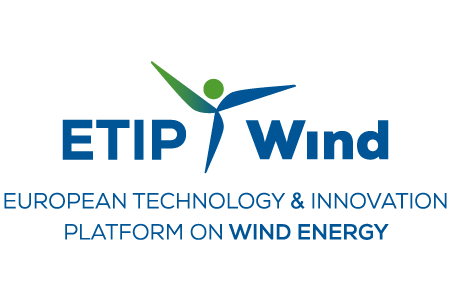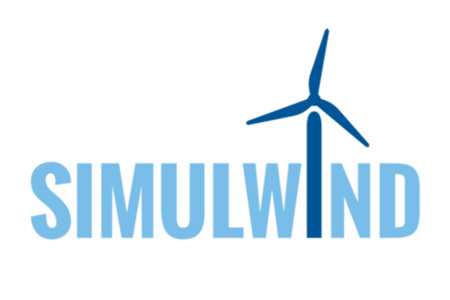|
WindEurope Research & Innovation Your gateway to WindEurope’s EU-funded projects, October 2019 |
||
|
News from WindEurope projects
Launched in September 2019 COREWIND (COst REduction and increase performance of floating WIND technology) is a Horizon2020 project which aims to achieve cost reduction of offshore floating wind technology (15% LCOE reduction) by optimizing two components: mooring systems (including anchors) and power dynamic cables. The kick-off meeting, which took place at the European Energy Research Alliance (EERA) offices on the 2-3 of September, gathered all the partners and the European Commission. The partners outlined the work they will be carrying out. The Catalonia Institute for Energy Research (IREC) will be leading the consortium composed of industry and academia. These include the Technical University of Denmark (DTU), RAMBOLL, INNOSEA, Polytechnic University of Catalonia (UPC), Equinor, JDR cable systems, Polytechnic of Milan (POLIMI), University of Stuttgart (USTUTT), UL International GMBH, WindEurope, Cobra and Environmental Hydraulics Institute of Cantabria (IHCantabria). The project will last 42 months and it will contribute to the achievement of EU goals on strengthening of EU leadership in renewables by reducing costs. This is achieved by developing the next generation of floating offshore wind, making it a key player in the power generation sector.
The ETIPWind fact-sheet on blade recycling: “How Wind Is Going Circular” is now available. This short publication provides a graphic overview of the main technologies for recycling composite materials and spells out the sector’s research and innovation recommendation for material development and recycling. See it here. ETIPWind and SETWind will organise a joint conference session at WindEurope Offshore 2019. The session “Research and innovation: the outlook for offshore wind” will take place on Wednesday 27 November and will cover the next big innovations and technology developments in the wind energy sector. See more.
Launched in May 2019 the Wind Harmony study examines the potential alignment of health and safety standards – covering both onshore and offshore wind sites – from construction, operation, and maintenance, to decommissioning. You are invited to the first Wind Harmony workshop on 22 October. The workshop will assess the opportunities and challenges to facilitating the harmonization and alignment of safe, cost – effective and responsible health and safety across the wind industry. You can find further information in the detailed agenda. The following workshop will take place in Copenhagen on 28 November at the WindEurope Offshore Conference 2019. Please register here for the workshop on 22 October. For more information, contact Dorina Iuga at [email protected]
Launched in December 2017 SIMULWIND aims to develop a Wind Turbine Generator maintenance simulator. It will be used in the training of operation and maintenance workers. The project will end this December. You are invited to the final project event, which will take place in Copenhagen on 28 November at the WindEurope Offshore Conference 2019. You will see the final virtual reality-training tool and take part in a debate on the virtual/online training tools in training Operation and Maintenance professionals for the wind industry. For more information, contact Dorina Iuga at [email protected] Upcoming EU funding opportunities and Research & Innovation policy |
| Legal notice: The views represented in this newsletter are those of its authors and do not represent the views or official position of the European Commission. |  |









